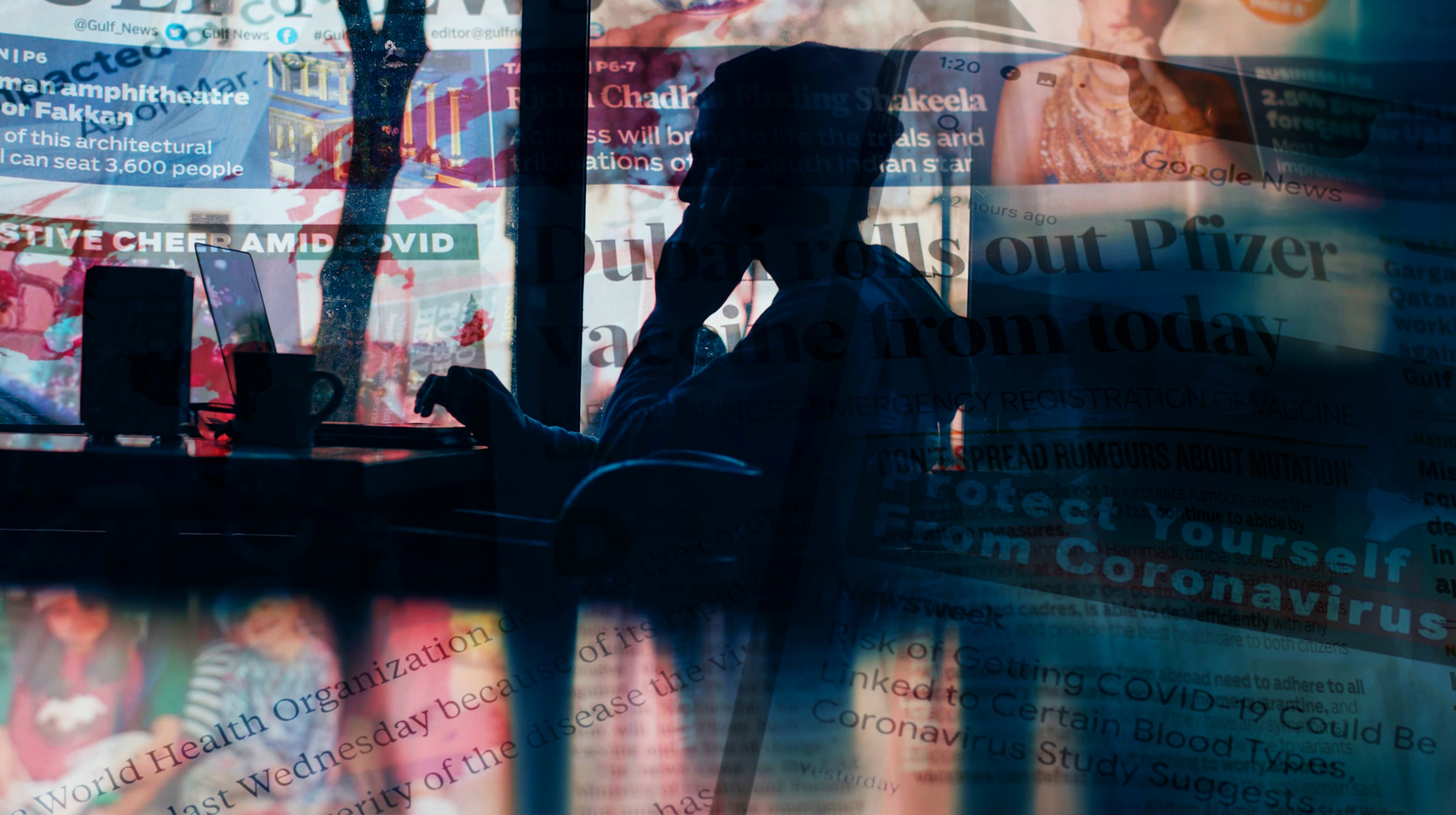Misinformation
Counterintuitively, directly combating misinformation online can spread it further. A different approach is needed.
Fear-mongering is now a billion-dollar industry.
Elitism has come under fire since the recent wave of populist politics. But when we don’t listen to experts, we end up listening to politicians’ lies, says Richard Dawkins.
▸
6 min
—
with
Your brain stops at the most comforting thought. The truth is somewhere beyond that. Using scientific skepticism as a guide, astrophysicist Lawrence Krauss outlines the questions that critical thinkers ask themselves.
▸
6 min
—
with
Can democracy remain vibrant if the public, and especially children, don’t have the tools to distinguish sense from nonsense?
▸
6 min
—
with
Is misinformation causing outbreaks of diseases long thought curable? A recent study found that just a simple “heads up” about fake news can help save thousands of lives.
The spreading of misinformation and doubt has undermined support for climate change. Despite broad consensus from climate scientists that humans are largely responsible for climate change, only 27% of Americans think there is agreement. New research points to a possible way to “vaccinate” against this misinformation.
Did decentralizing top-down media control bring us any closer to the truth-topia we were hoping for?
▸
6 min
—
with
There is censorship in science, admits Bill Nye – but not nearly as much as there should be.
▸
5 min
—
with
Don’t believe everything Google tells you. Facebook and Google are taking measures against fake news, but it’s becoming clear that it’s a symptom of a bigger problem.
Don’t believe every science study you read, because sometimes not even their authors believe them. Here are the issues corrupting good, honest science – and how to fix them.










